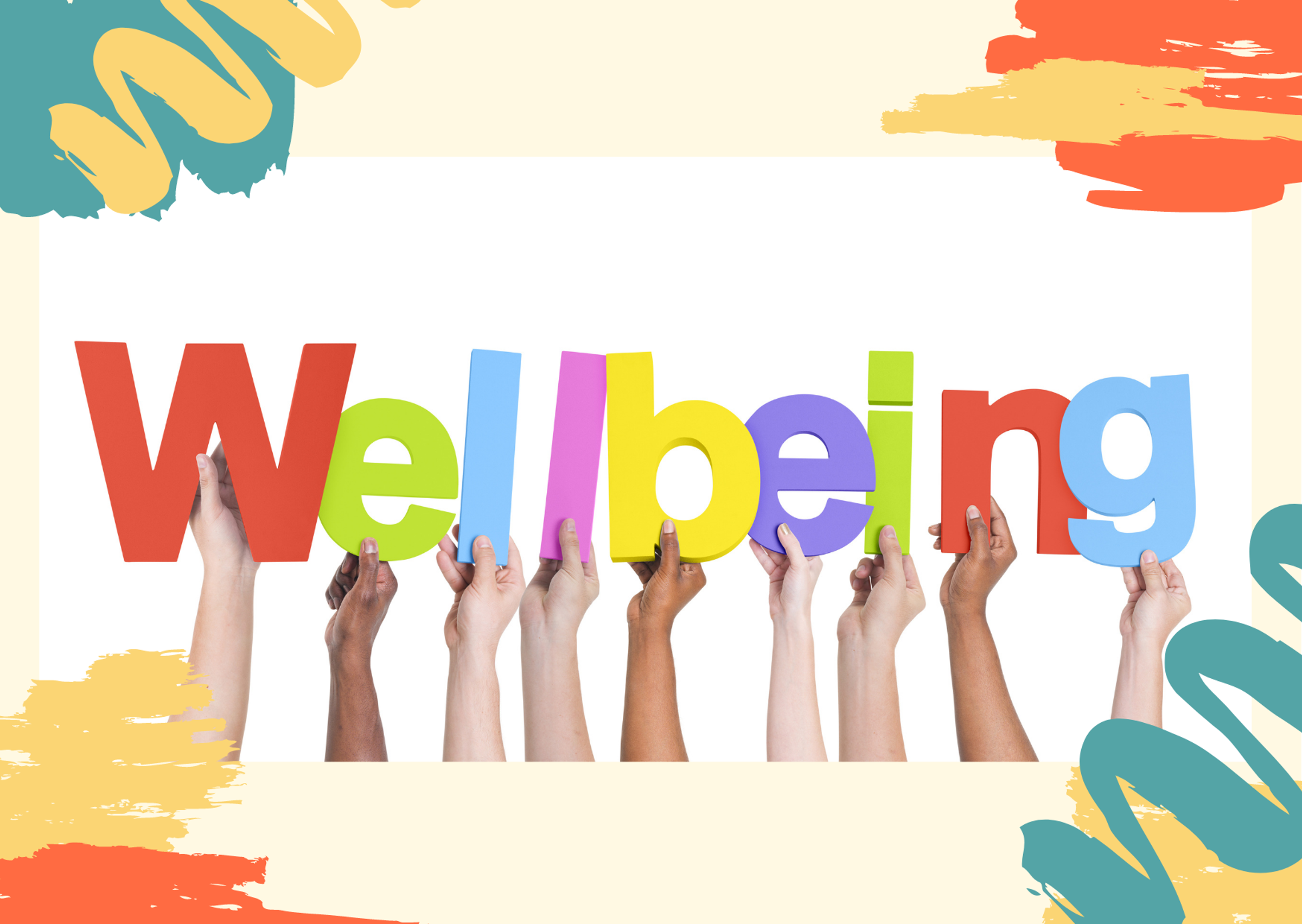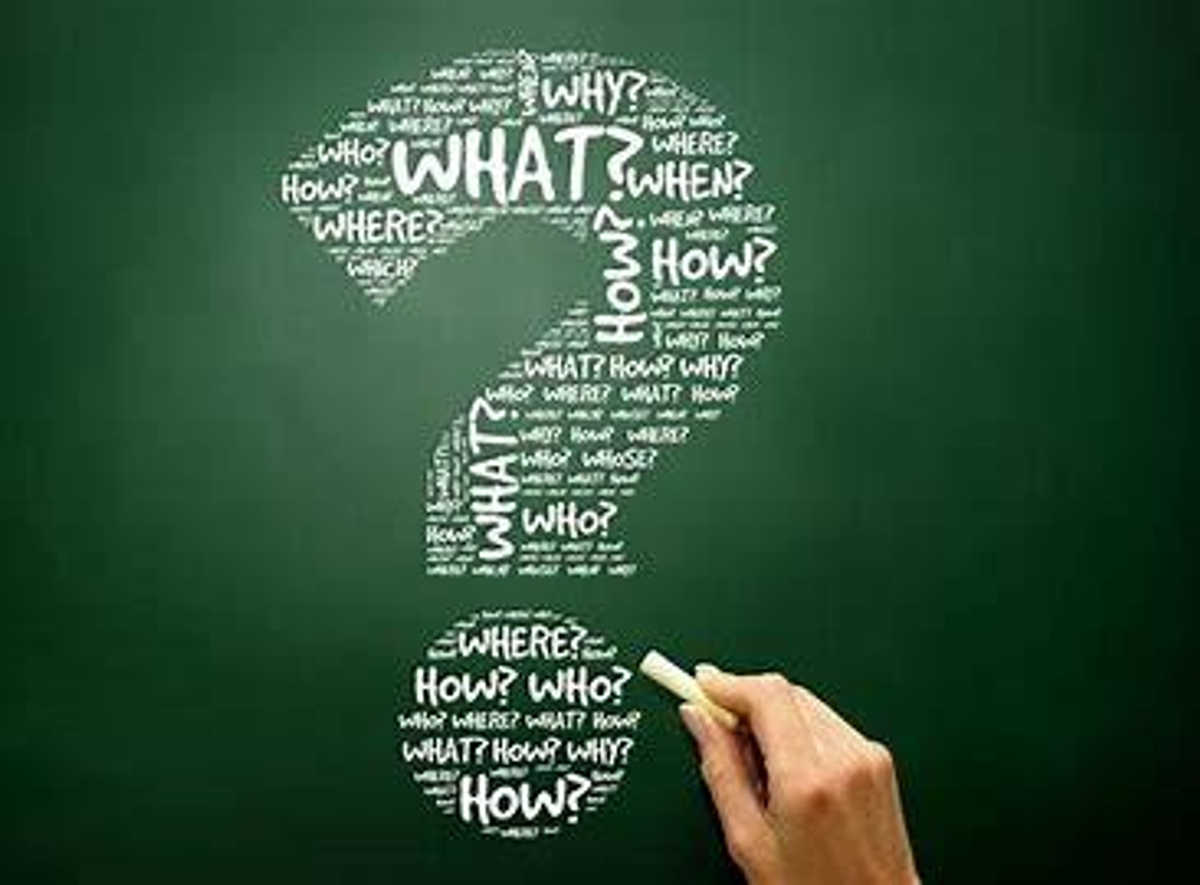Wellbeing

One Question
What will you ask your child tonight to open the door to what they really saw today?
Tonight, millions of children across the world will say ‘nothing’ happened at school.
But something always happens.
Instead of asking “How was your day?” ask a different question...
Did you see anyone having a hard time today?
Was anyone left out a recess or lunch?
Did you see something that didn’t feel right?
If you could change one thing that happened today, what would it be?
By asking the right question, it gives your child the power to say something, then to take an action that can have a positive change in their world. These small actions can gather momentum and make our world a friendlier and kinder place.
It starts with a conversation.
If your child saw or did something that made them uncomfortable, without the discussion in our classrooms and our homes maybe
- They didn’t know what words to use to make a change,
- They didn’t know what they should have done instead,
- They didn’t know if you would understand and help with their confused feelings,
- They didn’t know if you would be ashamed or embarrassed by their choice.
So, they said nothing, didn’t step into help, didn’t know how to ask for help with big feelings. Whatever the reason, they may want to change the situation in the future but do not have the reassurance or the skills to do so.
For example, at recess, three kids surrounded Lily and said they would only play with her if she gave them her bracelet. When she said no, they told everyone not to talk to her. Lily sat alone for the rest of recess. Your child may have wanted to say something but did know what to say or wanted to play with Lily but were hesitant to make that step.
In another example, during group work, nobody wanted to be Ahmad’s partner in group work, when he finally found a group to join, the other kids rolled their eyes. Ahmad stared at his paper and didn’t get any work done. Again, without the agency or tools to help or the bravery to act, your child may have stayed silent but really wanted to help or say something.
The silence isn’t because they don’t care or don’t see it, it’s because they don’t know how to translate what they saw into words or actions that make sense to them at their age. What someone in Year One can say or do will varying greatly for an older student.
Our children see or may experience uncomfortable social situations but won’t tell parents or school staff unless we create the language, safety and expectations for these conversations.
Standing up for ourselves or others is not an innate skill, it is something that needs to be modelled, fostered, supported and heralded as choice. This cannot be done without conversations, building the language needed to speak up or even seeing it as a choice they have.
This is also a tricky still to master... sometimes when learning, children will overstep and make mistakes. Our reaction to these challenges will set the tone for future attempts. While we need to discuss ways things could have been done differently, we need to praise the intent and willingness to try a new approach. It is a tricky line for parents and school staff to walk but a necessary step to make our school, community and the world a better place. Change takes time and practise!
What question will you ask your child tonight to begin making a change?
Donna

